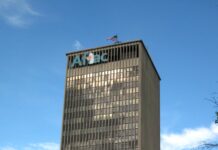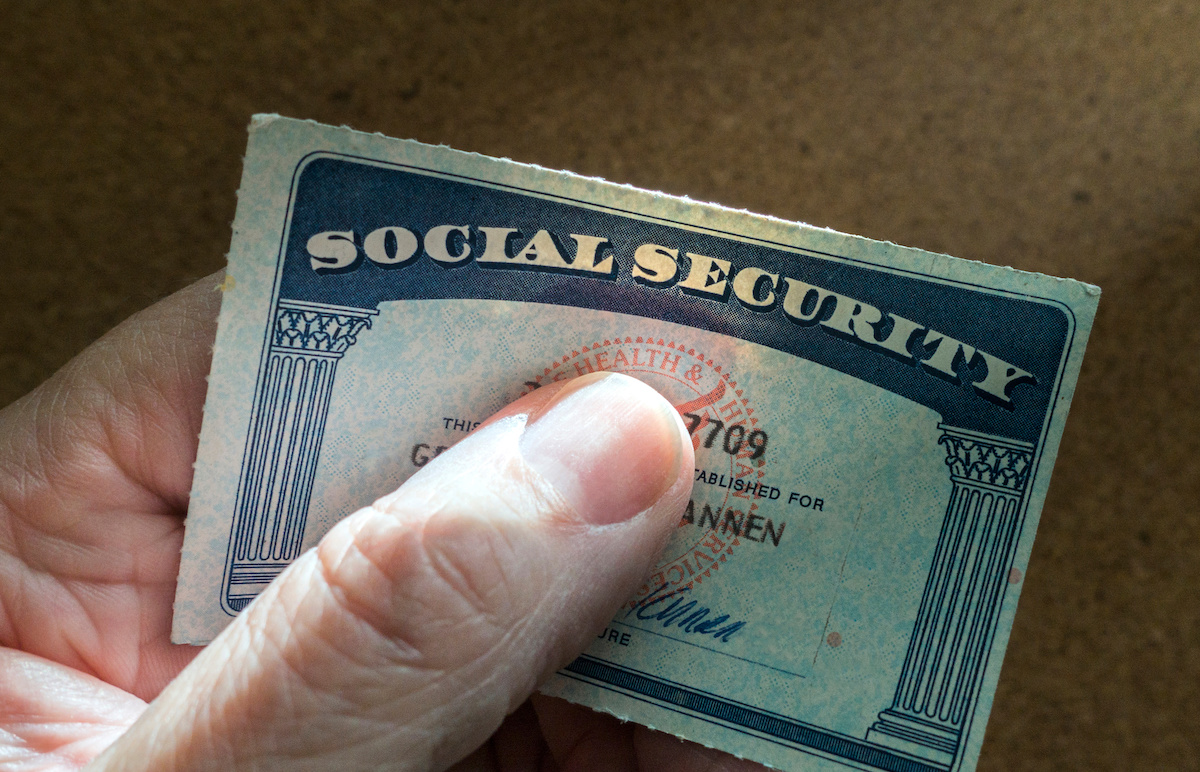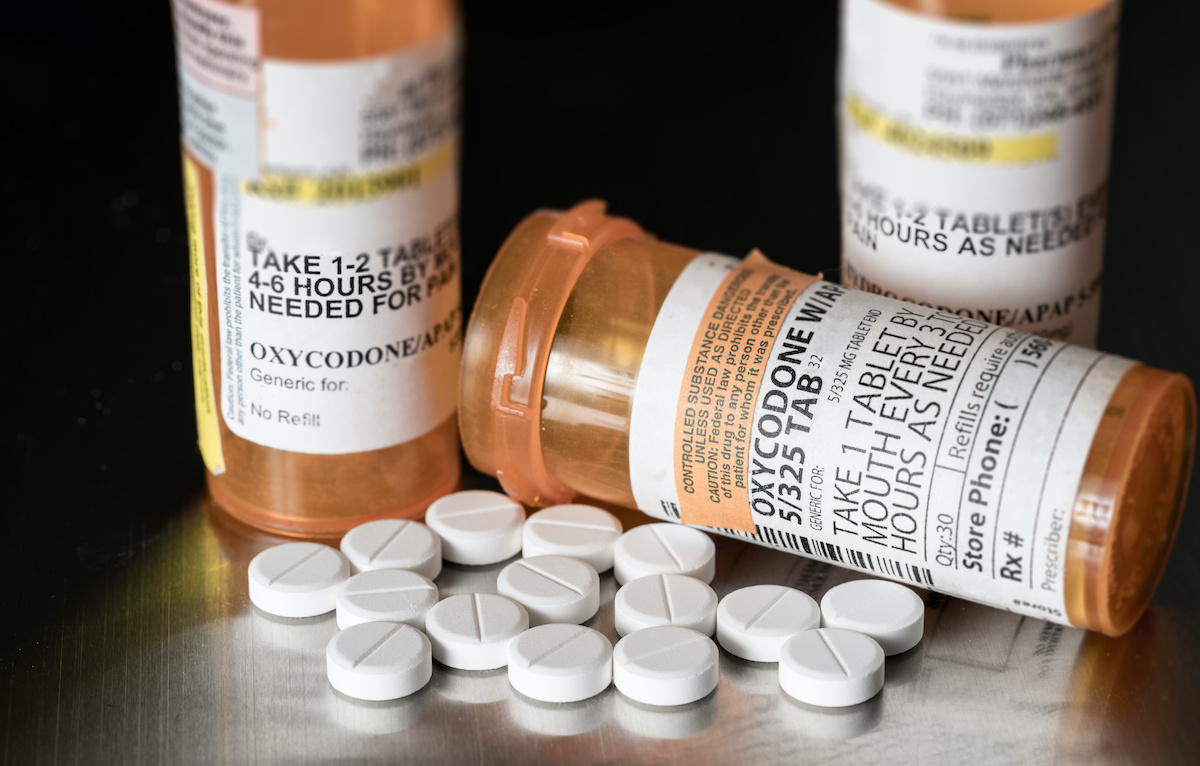
Governor Brian Kemp Tuesday signed his last executive order extending Georgia’s public health state of emergency amid the COVID-19 pandemic.
The final order will expire on July 1.
“With the executive order I signed, the public health state of emergency in response to the COVID-19 pandemic will end on Thursday, July 1 at 12 a.m.,” Kemp said. “I appreciate the General Assembly granting my office this authority in order to swiftly and appropriately respond to the coronavirus pandemic. We worked together — along with the Department of Public Health, dozens of state agencies, local leaders, private sector partners, and countless others — to protect both lives and livelihoods.”
Said Kemp: “Thanks to those efforts, more Georgians are getting vaccinated, our economic momentum is strong and people are getting back to normal. We have emerged resilient, and I thank all Georgians for doing their part. Georgia’s best days are ahead as we continue our work to keep the Peach State the No. 1 place to live, work, and raise a family.”
In the coming days, Kemp’s office said he’ll sign a state of emergency executive order “that will continue aiding the state and Georgia job creators as they fully recover from the COVID-19 pandemic, which will include the suspension of various state rules and regulations.”
In May, Kemp and Georgia Department of Labor Commissioner Mark Butler announced the state would pull out of several federal programs boosting unemployment benefits in an attempt to drive more Georgians back to work.
Effective June 26, Georgia will no longer participate in a federal unemployment program that provides an additional $300 payment to unemployment recipients or another federal program that assists gig workers and independent contractors who would not normally qualify for unemployment. The programs were set to expire in September.
The state will also end its participation in federal programs extending benefits beyond their normal termination dates or providing an additional $100 to certain people with mixed earnings.






